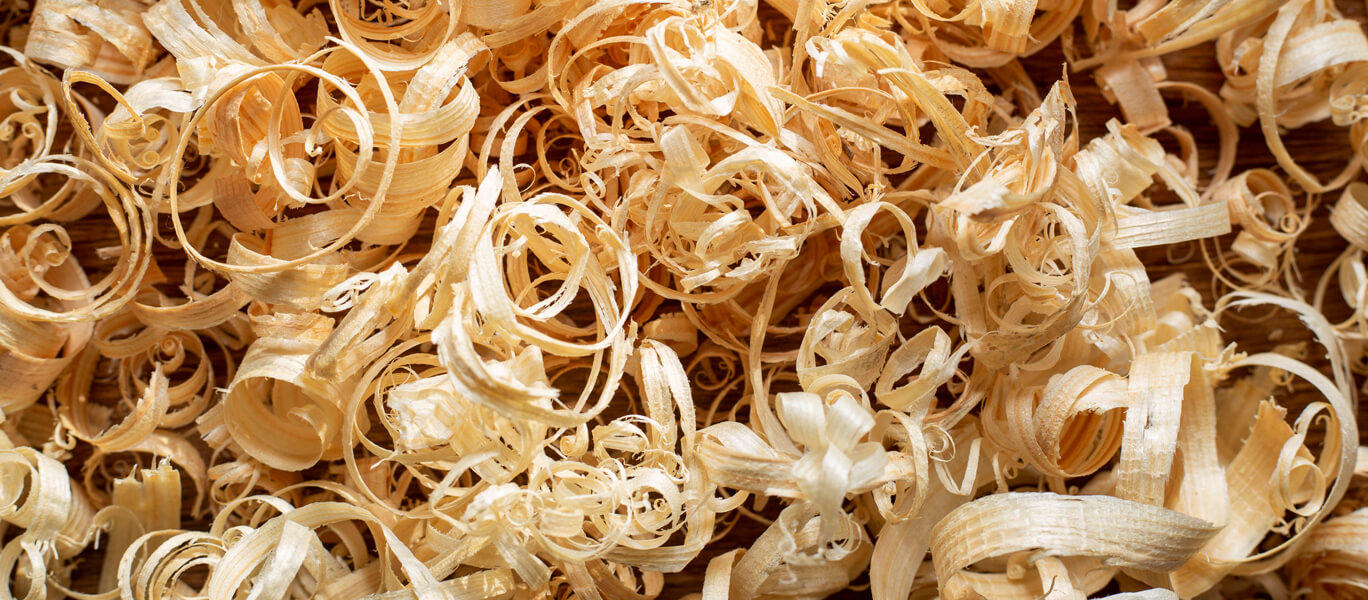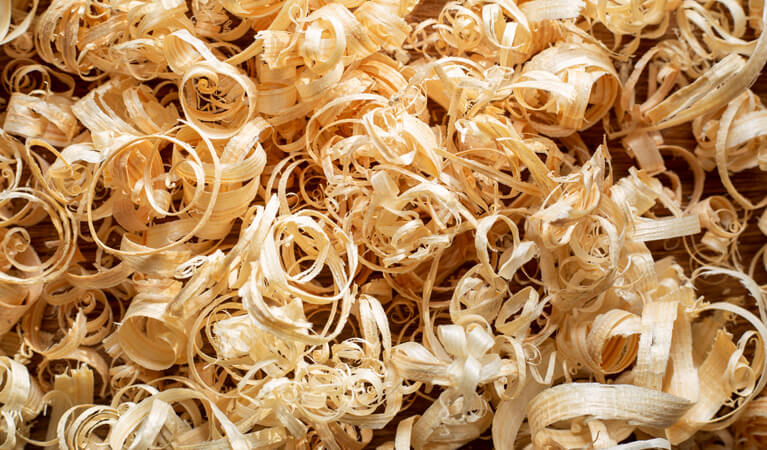Product Pulp-1

Pulp, a vital component in paper production, is crafted by mechanically or chemically processing wood fibers. Derived from timber, its versatile nature extends beyond paper to textiles and packaging. Sustainable pulp sourcing aligns with eco-friendly practices, promoting responsible forestry. Mechanical pulping retains wood's strength, while chemical processes enhance purity. Pulp's adaptability to various industries underscores its significance, impacting daily life through newspapers, packaging materials, and textiles. Balancing ecological concerns with industrial demand, the pulp industry continually evolves, seeking innovative approaches to meet global needs while prioritizing environmental stewardship in the production of this foundational material.
Product Features

- Paper Production: Lumber pulp plays a key role in producing paper and paper products, contributing significantly to the pulp and paper industry.
- Versatility: Lumber pulp is highly versatile, capable of producing a wide range of paper types, including newsprint, packaging paper, and specialty papers.
- Sustainable Resource: Responsibly sourced lumber pulp is considered a renewable resource, supporting sustainable forestry practices.
- Recyclable: Paper made from lumber pulp is recyclable, actively contributing to waste reduction and promoting environmental sustainability.
- Strength and Durability: Lumber pulp enhances the strength and durability of paper products, making them suitable for diverse applications such as packaging and printing.
- Biodegradability: Paper products made from lumber pulp are biodegradable, minimizing environmental impact at the end of their life cycle.
- Derived from Wood Fibers: Lumber pulp is obtained through mechanical or chemical processes, originating from wood fibers.
- Versatile Material: Used in paper, textiles, and packaging, lumber pulp proves to be a versatile material with broad applications.
- Sustainable Sourcing: Responsible sourcing promotes sustainable forestry practices in the production of lumber pulp.
- Preservation of Wood Strength: Mechanical pulping preserves wood strength, while chemical processes enhance purity.
- Adaptable to Diverse Industries: Lumber pulp is adaptable to various industries, contributing to newspapers, packaging materials, and textiles.
- Environmental Stewardship: Balancing industrial demand with environmental stewardship, lumber pulp supports sustainable practices.
- Innovation: The continual evolution of lumber pulp processing involves innovative approaches to meet global needs.

